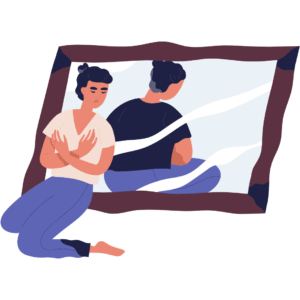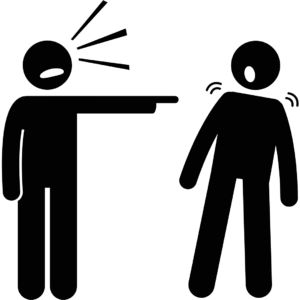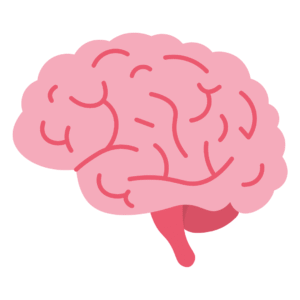BDD is a psychological disorder in which individuals see themselves as ugly, and they get significant distress by obsessing over their perceived defective appearance flaws for at least an hour a day (Gorbis & Jamero, 2019). Consequently, they experience significant impairments in social, cognitive and/or occupational functioning. For instance, they may avoid social interactions or going to work because they think that other people will judge them for their physical defects. In turn, this causes a lot of mental distress and may lead to more overthinking, which ultimately can lead to a vicious cycle of negative thoughts about themselves.
To relieve themselves from their high anxiety, individuals diagnosed with BDD will engage in compulsive and repetitive behaviours and/or mental acts. For example, people with BDD will check themselves in the mirror consistently, ask people for reassurance that they look “okay”, and compare their appearance to other people. Individuals with BDD tend to misinterpret ambiguous social information in a more negative and threatening way. This causes them to maintain their BDD symptoms and psychosocial impairments by reinforcing their distorted self-perception and ideas of social undesirability.








































































